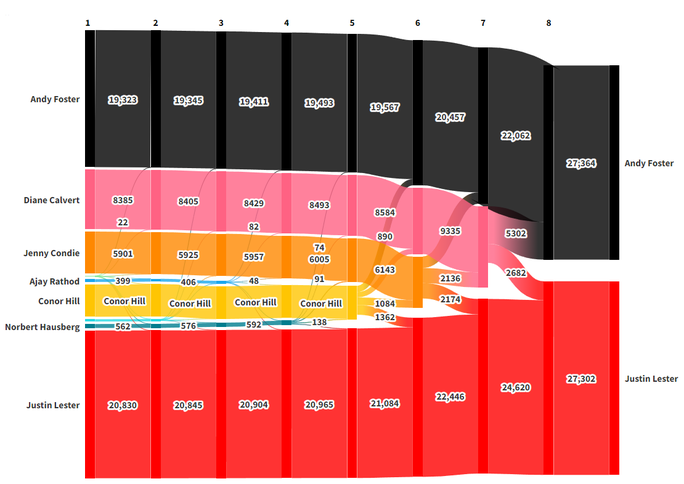
Dame Kerry Leigh Prendergast is a New Zealand politician who served as the 33rd Mayor of Wellington between 2001 and 2010, succeeding Mark Blumsky. She was the second woman to hold the position, after Fran Wilde.
The 2010 Wellington City mayoral election is part of the 2010 New Zealand local elections. On 9 October 2010, elections were held for the Mayor of Wellington plus other local government roles. Sitting Green Party councillor Celia Wade-Brown defeated incumbent mayor Kerry Prendergast and four other candidates.

Celia Margaret Wade-Brown is a New Zealand politician who served as the 34th Mayor of Wellington, the capital city of New Zealand, from 2010 until 2016.

Nicholas Oliver Leggett is a former New Zealand politician and, as of 2016, a member of the New Zealand National Party. He was Mayor of Porirua from 2010 until 2016, and at the time of his election in October 2010, he was the youngest mayor in New Zealand.

The 2013 Wellington City mayoral election is part of the New Zealand local elections. On 12 October 2013, elections were held for the Mayor of Wellington plus other local government roles. Wade-Brown was re-elected.

William Raymond Wallace is a New Zealand politician. He served as mayor of Lower Hutt from 2010 to 2019.

The 2016 New Zealand local elections were triennial local elections to select local government officials and District Health Board members. Under section 10 of the Local Electoral Act 2001, a "general election of members of every local authority or community board must be held on the second Saturday in October in every third year" from the date the Act came into effect in 2001, meaning 8 October 2016.
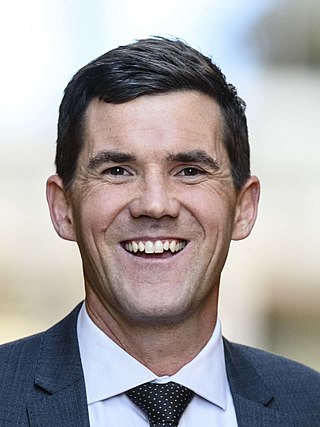
Justin Mark Lester is a New Zealand businessman and politician. He was Mayor of Wellington between 2016 and 2019, following six years on the Wellington City Council.

The 2016 Wellington City mayoral election was part of the New Zealand local elections and was held on 8 October to determine the next Mayor of Wellington. The incumbent was Celia Wade-Brown, who was first elected in the 2010 mayoral election. Wade-Brown did not seek re-election. Her title was pursued by her deputy, Justin Lester, councillors Jo Coughlan, Andy Foster, Helene Ritchie and Nicola Young, former mayor of Porirua City Nick Leggett and independent candidates Keith Johnson and Johnny Overton.

The 2019 New Zealand local elections were triennial elections to select local government officials and district health board members. Under section 10 of the Local Electoral Act 2001, a "general election of members of every local authority or community board must be held on the second Saturday in October in every third year" from the date the Act came into effect in 2001, meaning 12 October 2019.
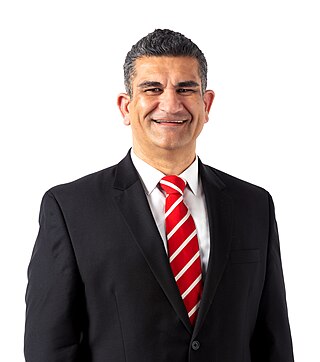
Tahere Paul Eagle is a New Zealand politician and member of the New Zealand House of Representatives for the Rongotai electorate. He was a Wellington City Councillor from 2010 to 2017 and was the first person of Māori descent to be Deputy Mayor of Wellington, but was defeated in a landslide when he sought the mayoralty as an independent candidate in 2022.
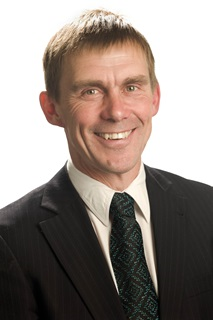
Andrew John Whitfield Foster is a New Zealand politician. He was elected to the New Zealand House of Representatives as a list MP for the New Zealand First party in the 2023 New Zealand general election.

The 2019 Auckland mayoral election was held on 12 October 2019 to determine who would serve as Mayor of Auckland for the next three years. Nominations opened on 19 July 2019 and closed on 16 August 2019. Incumbent Mayor Phil Goff won the election with 48% of the vote to secure a second term.
The 2019 Wellington Region local elections were part of the wider 2019 New Zealand local elections, to elect members to sub-national councils and boards. These elections covered one regional council, eight territorial authorities, three district health boards, and various community boards and licensing trusts.
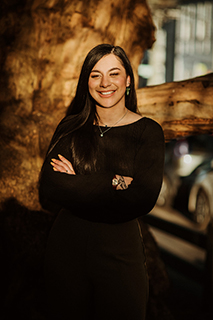
Tamatha-Kaye Erin Paul is a New Zealand activist and politician who is a member of the Wellington City Council for the Pukehīnau Lambton Ward. In 2018 she was the first Māori woman to be elected President of the Victoria University of Wellington Students Association. Running as an independent Paul was elected to the city council in 2019. She joined the Green Party of Aotearoa New Zealand ahead of the 2022 local elections.
The 2022 Invercargill mayoral election took place on 8 October 2022 as part of the New Zealand local elections. Incumbent mayor Tim Shadbolt unsuccessfully sought a tenth term against nine other candidates, losing to his deputy Nobby Clark.
The 2022 Wellington City mayoral election, part of the Wellington local elections in October 2022, determined who would serve as Mayor of the City of Wellington for the next three-year term. It was won by Tory Whanau, a former Green Party parliamentary chief of staff.
The 2022 Wellington Region local elections were held on 8 October 2022 as part of the wider 2022 New Zealand local elections to elect members to sub-national councils and boards. These elections covered one regional council, eight territorial authorities, and various community boards and licensing trusts.

Tory Awatere Whanau is a New Zealand politician. She was elected mayor of Wellington at the 2022 election. Previously she served as the parliamentary chief of staff for the Green Party.

Jillian Marie Day is a New Zealand politician. She is the president of the New Zealand Labour Party, and was deputy mayor of Wellington from 2017 to 2019.




